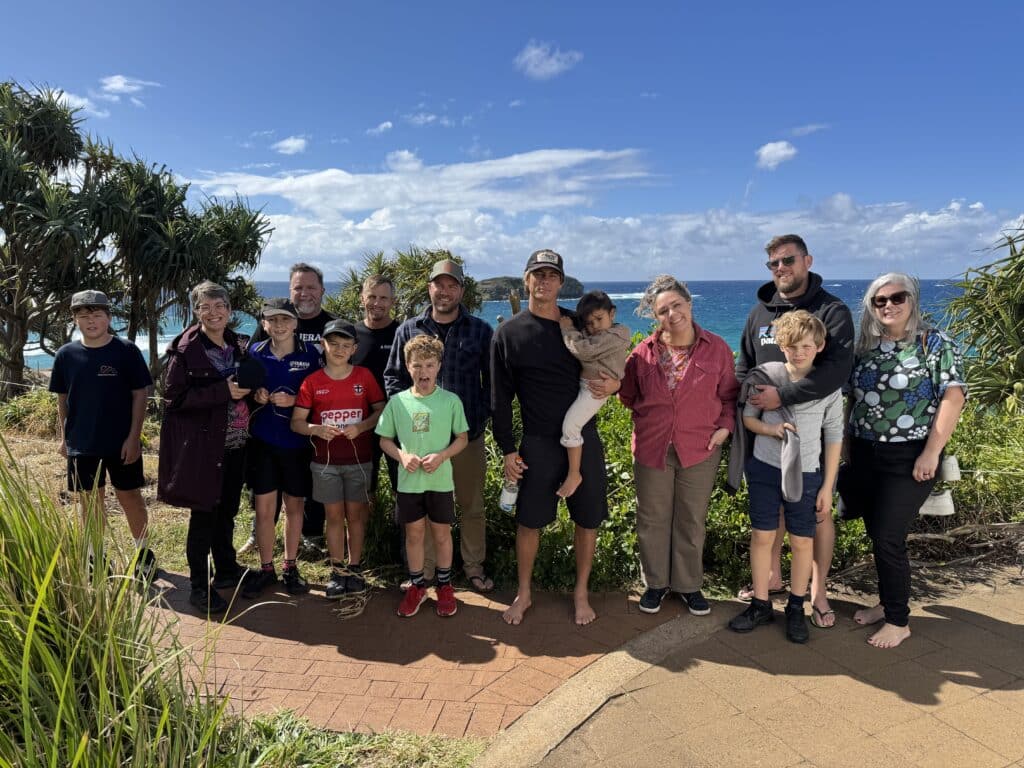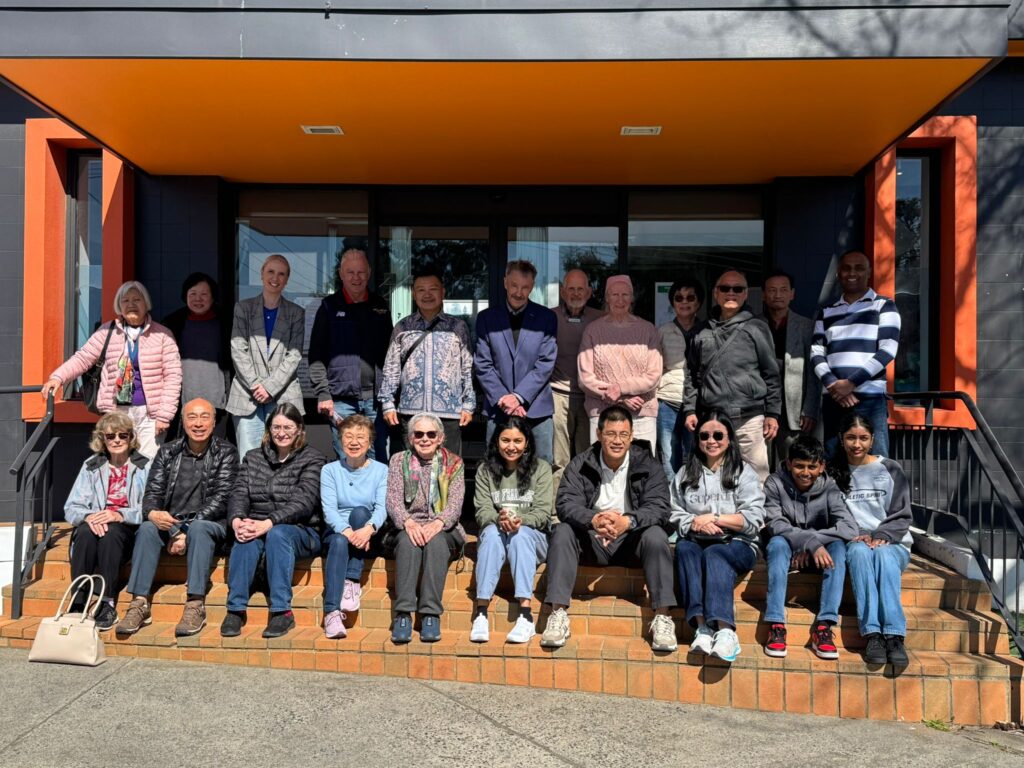Latest
News & Updates

On Bundjalung Country
At the start of August, I joined Nick Wight, Indigenous Ministries Australia National Manager, as he took a team up north to visit some of our Indigenous partners. We had the privilege of participating in an On-Country immersion experience in…

Indonesian Partner Visit Strengthens Church Connections
Earlier in September, we were delighted to welcome Hery Susanto and Theodorus (Theo) Miraji from Christian Church Theological School of Indonesia, our partners from Indonesia, who came to visit some of the churches in Australia. Their visit was an incredible…

Turn Small Gifts into Big Blessings!
This year’s Global Mission Partners Great Gifts catalogue will be arriving in your postbox during October. Get ready for lots of Great Gift ideas for Christmas, Birthdays, or to celebrate any other life milestone. With every gift you buy, you…
Subscribe for Updates
Be the first to know about exciting developments and breakthroughs made possible because of supporters like you. Sign up to our mailing list today.
By clicking subscribe, you agree to receive our emails. We fully respect your privacy and will never sell or share your information unless required by law. Unsubscribe at any time.
Micah Australia’s Women’s Delegation – Safer World for All Campaign
In August, Global Mission Partners staff members Carly Cassidy and Cathy Chang had the privilege of joining Micah Australia’s Women’s Delegation in Canberra, standing alongside an extraordinary group of women united by faith and a vision for a safer world…
Hope for a Borehole
Ulita is washing her clothes in a bucket, two and a half hours from home. Water is limited in her village, so she attended a church service to do her laundry where water was available. In Village 5, where Ulita…
Healing the Trauma After the Earthquake
The earthquake that struck Vanuatu on December 17, 2024, was devastating. Despite this, when I arrived in Port Vila this May, the air was full of anticipation and hope. Local pastors and leaders were gathering for Healing the Trauma workshops….
Abundant Water for Pertunia
In Zimbabwe, Pertunia, a mother of four who is new to her village, joins the many women on their daily trek to collect water from a contaminated river that is drying up. Some days, she waits in line until ten…
Appointing Pastor Bin in Vietnam
In April, Global Mission Partners’ CEO, John Lamerton, and Major Gifts Manager, Craig Brown, undertook an urgent trip to Vietnam. The leader of the Vietnam Churches of Christ, Pastor Doan, had suffered a debilitating stroke. Pastor Doan has been responsible…
11 Indigenous Young People Attend Youth Alive Event in Mildura
The Dareton Youth and Community Centre took 11 young people to a local Youth Alive event in Mildura, Victoria. This was an answer to prayer, as the youth had never participated in an event like this before. Clinton, the chairman…